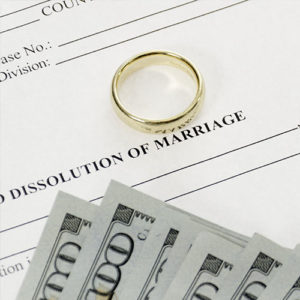 If you are in the middle of a divorce, and you and/or your spouse own property, it may be subject to distribution during the divorce negotiations and proceedings. New Jersey is an equitable distribution state. Essentially, what this means is, property and assets acquired during the marriage may be subject to disruption between the spouses. This is regardless of who owns the title to the property. Since the property was purchased during the marriage, it could be subject to division.
If you are in the middle of a divorce, and you and/or your spouse own property, it may be subject to distribution during the divorce negotiations and proceedings. New Jersey is an equitable distribution state. Essentially, what this means is, property and assets acquired during the marriage may be subject to disruption between the spouses. This is regardless of who owns the title to the property. Since the property was purchased during the marriage, it could be subject to division.
What Factors May the Court Consider when Determining How to Divide Assets?
The division of assets upon divorce is not always straight forward as splitting the property and assets down the middle or 50/50. The court may consider a number of different factors when dividing assets, including but not limited to:
- How long the couple was married;
- The age of the spouses;
- The physical, mental, and emotional health of the spouses;
- The income and/or property brought to the marriage by each spouse;
- The standard of living that was established during the marriage;
- Any agreement that was created prior to the marriage that referred to the distribution of property, such a prenuptial agreement;
- Income and earning capacity of each spouse;
- Contribution made by each party to the education or training of the other;
- Tax consequences of the proposed distribution;
- Present value of the property or properties in question;
- The need of the parent who holds physical custody of the children of the marriage (i.e the marital residence);
- Debts and liabilities of the parties; and/or
- Career goals of the parties.
If you have any questions about starting the divorce process or how assets and liabilities are divided, please feel free to contact our firm today.
The Radol Law Firm is proud to serve the people of New Jersey in their divorce and family law, elder law, estate planning, and bankruptcy matters. Contact our firm today to schedule a consultation.
